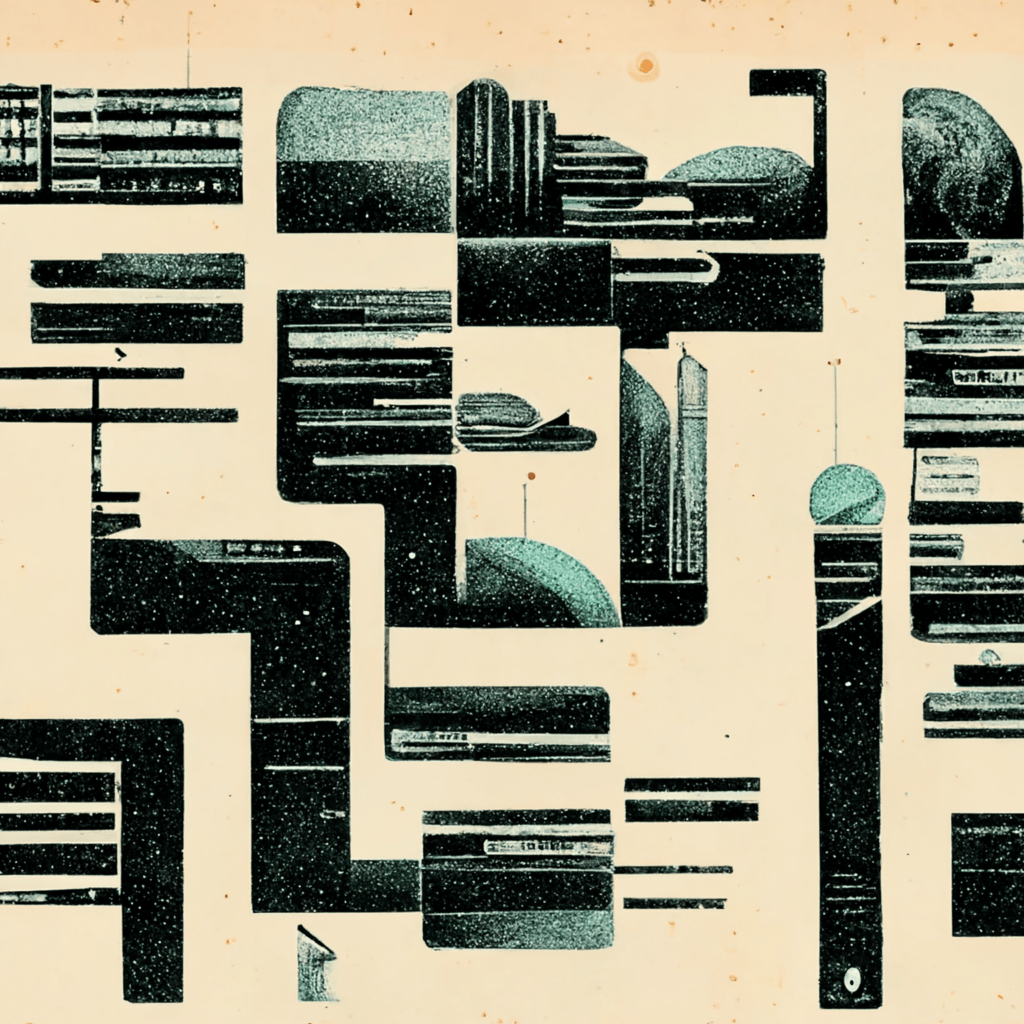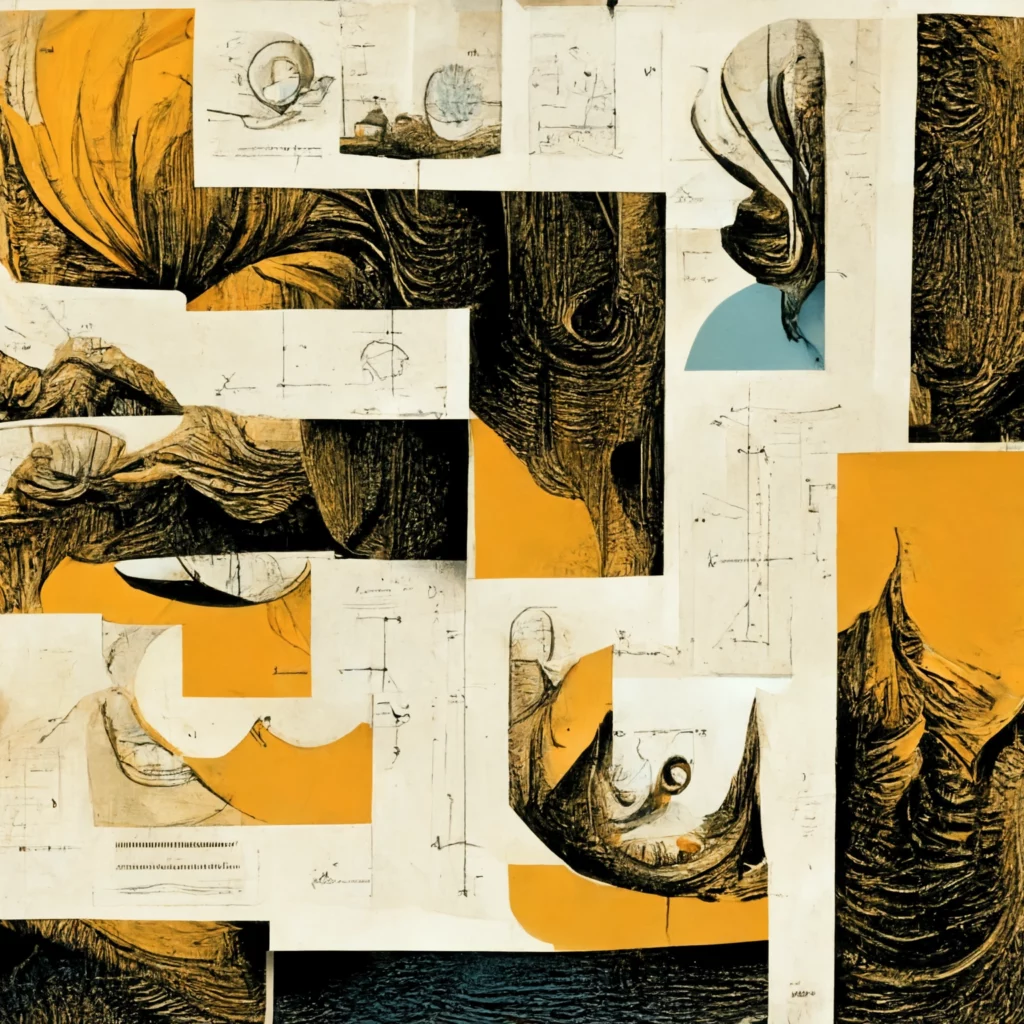Peace and Gratitude

“We have a reactionless and confident presence to be a bedrock for who we serve.” Field Theory Data + Digital Lab We have seen numerous changes in society with technology. The number of distractions we have is increasing in line with the amount of time we are spending on our devices. There is a difference […]
Learning and Curiosity

“We educate ourselves with the intention to serve others more effectively.” Field Theory Data + Digital Lab As a society, we are now more connected than ever before. With so much information available to us, it’s easy to get overwhelmed. Your survival in this day and age of technology is significantly influenced by your knowledge. […]
Integrity

“We know who we are, and what we represent, and we strive to build trust through honest interactions.” Field Theory Data + Digital Lab We all work in a legitimate business or profession. We value integrity. This is why we work hard to earn trust through transparency. We know who we are and what we […]
Kindness and Compassion

“We serve selflessly without the need for praise or validation.” Field Theory Data + Digital Lab For the majority of Field theory Lab’s team, the sense of service and care in their work has been the driving factor for their long-term motivation, rather than money or fame. This is the guiding principle that has inspired […]
Simplicity Theory

Customers like straightforward experiences. A yearly listing of the brands with the least complicated customer experiences is known as the Simplicity Index, developed by Siegel+Gale. https://siegelgale.com/realize-the-power-of-simplicity/ The consultancy’s study on the effects of distilled experiences came to the following convincing conclusions: Simplicity fosters love: 64 percent of consumers are more likely to suggest a brand […]
The Decoy Effect

The Decoy Effect explains how choices are impacted by price comparisons between products. It claims that people make choices based on personal preferences when there are just two options and they are priced “reasonably.” However, if a third option is costly in comparison to the first two choices, it alters how consumers view all of […]
The Framing Effect

Choices can be presented in a way that emphasizes the advantages or disadvantages of a certain choice, changing how desirable they are in comparison. This method was developed as part of Tversky and Kahneman’s prospect theory, which cast gambles in terms of gains or losses. There are several different framing techniques that have been identified, […]
Control Premium

The control premium, as used in behavioral economics, describes people’s readiness to forego prospective rewards in favor of maintaining control (and avoiding delegation) over their own payoffs. In an experiment, participants had to decide whether to wager on themselves or another person properly completing a quiz question. According to their beliefs, individuals would bet on […]
Confirmation Bias

Confirmation bias is a term used by psychologist Peter Wason to refer to people’s propensity to look for, favor, and remember information that supports their decisions and beliefs. People “usually see what they look for, and hear what they listen for,” as the author Harper Lee put it, When a customer decides to purchase anything, […]
The Peak-end Rule

Infinite Peak Rule states that people evaluate an experience depending on how they felt at its height and its trough, rather than the average of all of its moments. And it holds true regardless of how the encounter turned out. For brands, this means that customers will only recall the beginning and the end of […]